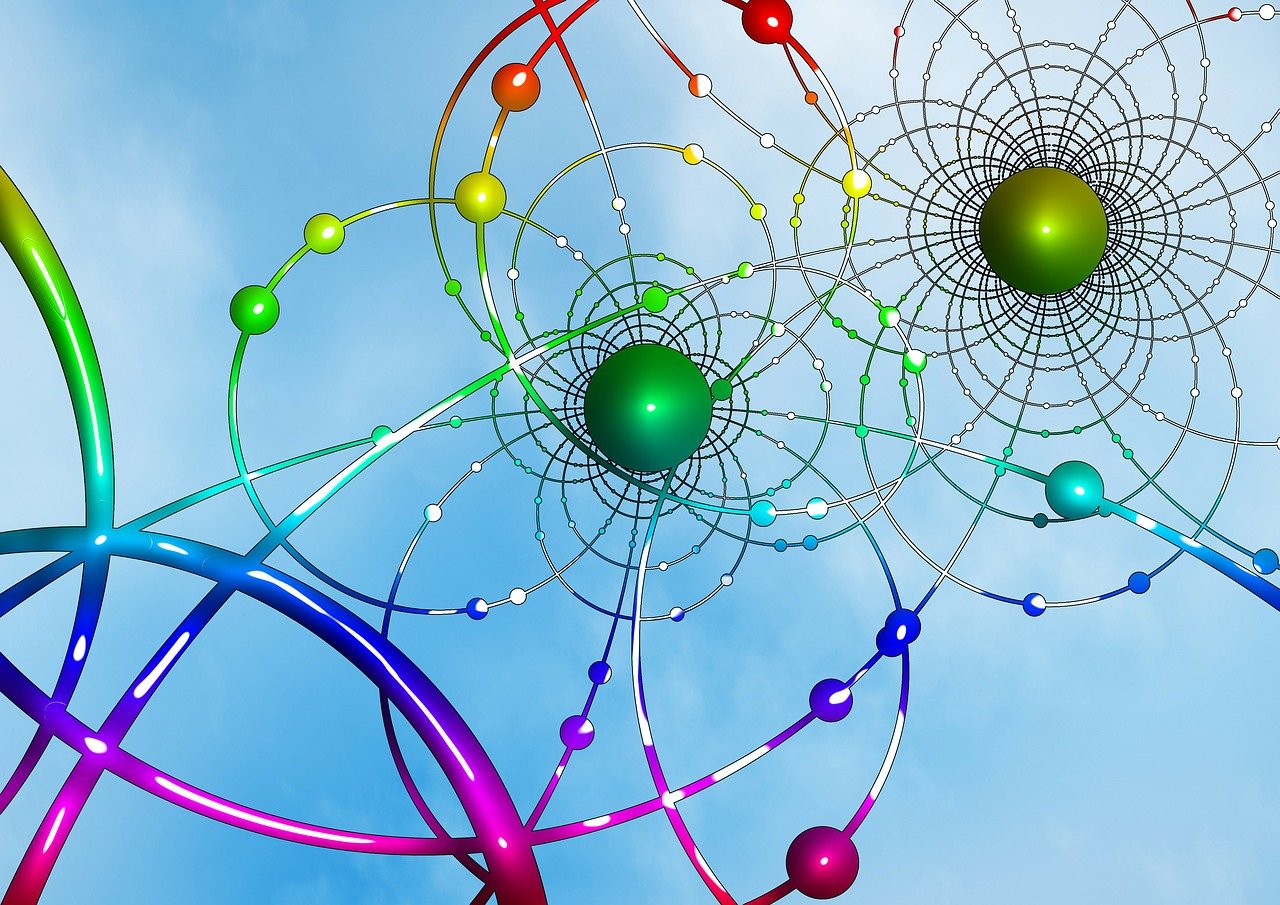Understanding the Impact of Artificial Intelligence on Modern Gaming
Artificial Intelligence (AI) has rapidly advanced over the past few years, leaving an indelible mark on a multitude of industries. The gaming industry, in particular, has been significantly influenced by AI, transforming how games are developed, played, and perceived. This article delves into the profound impact of AI on modern gaming, exploring its various facets and future implications.
The Rise of AI in Gaming
The integration of AI in gaming isn’t a recent development; it dates back to the early days of video games. However, the sophistication and capabilities of AI have evolved tremendously. Initially, AI in games was limited to basic functions, such as controlling enemy movements or creating simple pathfinding algorithms. Today, it manifests in complex character behaviors, adaptive difficulty levels, and immersive storytelling.
One of the most significant advancements is the use of machine learning, a subset of AI, which enables games to learn and adapt based on player behavior. This dynamic interaction between the game and the player creates a more personalized and engaging experience.
Enhanced Player Experience
AI has revolutionized the player experience by offering more realistic and intelligent non-player characters (NPCs). These characters can now make decisions, react to player actions, and exhibit human-like behavior, which enhances the immersion and challenge of the game. For instance, in games like “The Last of Us Part II,” AI-driven NPCs display emotional responses and strategic thinking, making the gameplay more unpredictable and engaging.

Moreover, AI tailors gaming experiences to individual players by analyzing their gameplay patterns. Through this analysis, games can adjust difficulty levels in real-time, ensuring that players are neither bored nor overwhelmed. This adaptability keeps players engaged and improves the overall satisfaction of their gaming experience.
Procedural Content Generation
Another significant impact of AI is in the area of procedural content generation (PCG). PCG uses algorithms to create game content automatically, reducing the workload on developers and offering players a unique experience each time they play. Games like “Minecraft” and “No Man’s Sky” employ AI to generate vast, diverse worlds that are different for every player. This capability not only saves resources but also adds replayability and longevity to games.
AI-driven PCG is particularly beneficial in creating large-scale environments and narratives without the need for extensive manual input. By leveraging AI, developers can focus on refining gameplay mechanics and enhancing player interaction rather than spending excessive time on content creation.
AI in Game Design and Development
The role of AI extends beyond gameplay and into the game design and development process. AI tools assist developers in optimizing game performance, identifying bugs, and streamlining workflows. For example, AI can predict potential design flaws or gameplay issues by analyzing vast amounts of data, enabling developers to address these concerns before the game’s release.
Furthermore, AI facilitates the creation of more inclusive and accessible games. By analyzing player feedback and behavior, AI can suggest adjustments to game mechanics or controls to accommodate different player needs, enhancing the overall accessibility of games.
AI and Virtual Reality

The combination of AI and virtual reality (VR) is another frontier in modern gaming. AI enables more interactive and immersive VR experiences by creating lifelike environments and responsive NPCs. In VR games, AI can simulate realistic physics, dynamic weather patterns, and natural interactions, enhancing the player’s sense of presence.
Additionally, AI-driven analytics in VR can adapt the virtual environment to suit the player’s preferences and comfort levels, ensuring an optimal and engaging experience. This adaptability is crucial in preventing motion sickness, a common issue in VR gaming.
Challenges and Ethical Considerations
Despite its numerous benefits, the integration of AI in gaming presents challenges and ethical considerations. One major concern is data privacy, as AI often requires extensive data collection to function effectively. Ensuring that player data is handled securely and transparently is paramount to maintaining trust and integrity in the gaming industry.
Moreover, the use of AI in games raises questions about the potential for manipulative gaming practices. AI-driven personalization could potentially exploit player behavior to encourage excessive spending or addictive gameplay patterns. Developers must balance AI’s capabilities with ethical responsibilities to create fair and enjoyable gaming experiences.
The Future of AI in Gaming
Looking ahead, the impact of AI on gaming is poised to grow even further. Innovations such as deep learning and neural networks are expected to enhance AI’s capabilities, leading to even more realistic and intelligent gaming experiences. The convergence of AI with emerging technologies like augmented reality (AR) and cloud gaming will open new possibilities for immersive and accessible games.

As AI continues to evolve, the gaming industry must adapt to harness its potential responsibly. Collaborative efforts between developers, researchers, and policymakers will be essential in shaping a future where AI enhances the gaming experience while adhering to ethical standards.
Takeaways
AI has undeniably transformed modern gaming, offering a plethora of benefits ranging from enhanced player experiences to streamlined development processes. Its ability to create dynamic, personalized, and immersive games has set new standards for the industry. However, with these advancements come challenges that must be addressed to ensure ethical and responsible use of AI in gaming.
As the landscape of gaming continues to evolve, embracing AI’s potential while safeguarding player interests will be crucial. By doing so, the gaming industry can continue to innovate and provide enriching experiences for players worldwide.
The role of AI in modern gaming is a testament to the technological advancements that have reshaped the entertainment landscape. As we look towards the future, the symbiosis between AI and gaming promises a multitude of exciting developments. These advancements will not only enhance the way games are played but also expand the boundaries of what games can achieve.
AI’s Role in Enhancing Game Narratives
AI’s influence extends beyond gameplay mechanics to the very heart of games: their narratives. AI technologies are increasingly being used to create dynamic storylines that adapt based on player decisions. This shift towards player-driven storytelling offers a more engaging narrative experience, allowing each player to feel as if they are crafting their own unique story within the game world.
Games like “Detroit: Become Human” have already begun to explore this avenue, using AI to present branching narratives that change based on player choices. As AI technologies advance, we can anticipate even more sophisticated narrative structures that respond to player emotions and actions in real-time, creating a truly interactive storytelling experience.

AI in Competitive Gaming and Esports
The competitive gaming scene, particularly in esports, has also seen the impact of AI. AI algorithms are used to analyze gameplay footage and player statistics, providing insights that teams can use to improve strategies and performance. AI-driven analytics offer a deeper understanding of in-game dynamics, helping teams to refine their tactics and gain a competitive edge.
Moreover, AI is utilized in anti-cheat systems, ensuring fair play by detecting and preventing fraudulent activities. As esports continues to grow, AI will play a crucial role in maintaining the integrity and competitiveness of the scene.
AI and Gaming Accessibility
AI has the potential to make gaming more inclusive and accessible to a broader audience. By analyzing player behavior and feedback, AI can suggest accessibility features tailored to individual needs, such as customizable controls, audio descriptions, or visual aids. This adaptability ensures that games can be enjoyed by players with diverse abilities and preferences.
Furthermore, AI can assist in translating in-game text and dialogue into different languages, breaking down language barriers and allowing players from around the world to enjoy games without limitations. As the gaming community becomes increasingly global, AI-driven accessibility features will be essential in fostering an inclusive gaming environment.
Exploring AI-Generated Content
One of the most exciting prospects of AI in gaming is the potential for AI-generated content, which can offer endless possibilities for game worlds and experiences. Imagine a game where the environments, characters, and even quests are generated in real-time by AI, creating a unique experience for every player. This concept, known as “infinite gameplay,” could revolutionize how games are played and experienced.

AI-generated content can also extend beyond games themselves. For instance, AI can be used to create promotional materials, trailers, and even in-game music, streamlining the production process and allowing developers to focus on crafting rich and engaging gameplay.
The Ethical Horizon of AI in Gaming
As AI continues to integrate into the gaming industry, ethical considerations will become increasingly important. Developers must ensure that AI technologies are used responsibly and that player data is protected. Transparency in how AI-driven decisions are made is crucial in building trust with players and maintaining the integrity of the gaming experience.
Moreover, as AI becomes more prevalent, the gaming industry will need to establish guidelines and standards to ensure that AI is used ethically. This includes addressing concerns about AI’s potential to manipulate player behavior and ensuring that games remain fair and enjoyable for all players.
Conclusion: The Unfolding Future of AI in Gaming
The journey of AI in modern gaming is one of ongoing innovation and discovery. As AI technologies continue to evolve, they will unlock new possibilities for gaming experiences, from personalized narratives to global esports competitions. The marriage of AI and gaming promises not only to enhance the entertainment value of games but also to broaden their accessibility and inclusivity.
While challenges remain, the gaming industry is well-positioned to harness the potential of AI responsibly. By prioritizing ethical practices and player interests, developers can create a future where AI enriches the gaming landscape, offering players around the world new and exciting ways to explore, compete, and connect.
![“Behind the Scenes: An Exclusive Look at the Making of [Upcoming Highly Anticipated Game]”](https://brasil-jogo.com/wp-content/uploads/2025/11/behind-the-scenes-an-exclusive-look-at-the-making-of-upcoming-highly-anticipated-game-9JXK49-450x338.jpg)
















